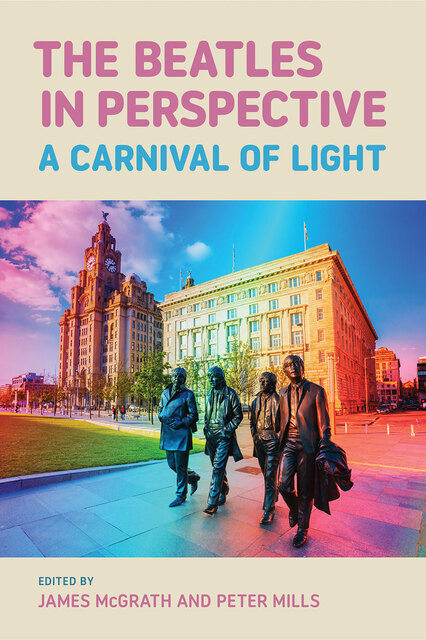McGrath & Mills/The Beatles in Perspective - A Carnival of Light, 3. From Liverpool to Tibet: 'Tomorrow Never Knows' and the Troubled Path to the East

Full description
In 1966, ‘Tomorrow Never Knows’ closed The Beatles’ seventh album Revolver, suggesting spectacular new horizons not just within the group’s own work, but in the musical and cultural outlook of The Beatles’ audience. Sharif Gemie’s chapter details John Lennon’s various inspirations for the composition, and Paul McCartney (aided by George Martin) brought to these. More extensively however, the author contemplates the fusion of Eastern and Western musical traditions within the song. Rather than marking some sort of cultural rupture, ‘Tomorrow Never Knows’ can instead be seen as an example of cultural continuity. It can be situated within the broad confines of the ‘Orientalism’ identified by Edward Said (1978). Orientalism could take many forms: sometimes a blatant racism; sometimes an articulate, pragmatic argument to rationalize imperialist expansion; sometimes an attitude resembling an admiration or even an affection for ‘eastern’ forms. The aspect which is most relevant here is the latter: those educated Westerners who looked eastward in search for some form of intellectual enlightenment.
- typeImage
- created on
- file formatjpg
- file size314 KB
- container titleThe Beatles in Perspective: A Carnival of Light
- creatorSharif Gemie
- isbn9781781791967 (eBook)
- publisherEquinox Publishing Ltd.
- publisher placeSheffield, United Kingdom
- rightsEquinox Publishing Ltd.
- series titleStudies in Popular Music
- doi
We use cookies to analyze our traffic. Please decide if you are willing to accept cookies from our website. You can change this setting anytime in Privacy Settings.
